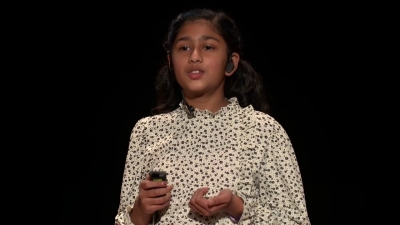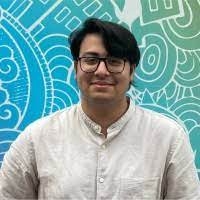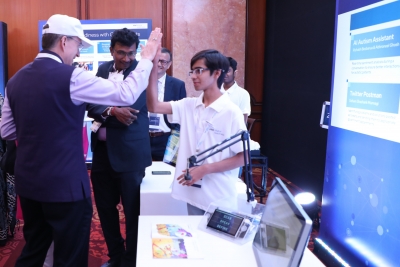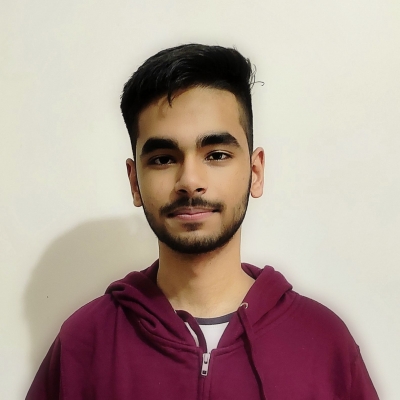AN INTERVIEW OF YOUNG ACHIEVER PRIYANKHA KAMALAKANNAN (AUTHOR OF THE BOOKS "THE POSITIVE POETRY CLOSET' AND "FANTASIA ADVENTURES")

This young author of the books "The Positive Poetry Closet' and "Fantasia Adventures" used the lockdown to hone her writing skills. She's also been a TEDx speaker. Priyankha Kamalakannan, living in Germany. She speaks about her journey.
How did your journey as an author start?
Writing started as a skill at school. One day, I randomly wrote a short story called The Bucket List Detectives'. My parents printed it as small booklets on my eighth birthday, and gave them as return gifts to guests. Everyone loved the story, and I was motivated by the appreciation I received. So, I wrote another story called 'Liana's Adventures In Wonderland. During the lockdown, I re-read my previous works and realised I could write them in a much better way. So I rewrote 'Liana's Adventures In Wonderland', which turned into a newly sculpted tale very different from the original story. Rewriting this story resulted in my first book, 'Fantasia Adventures.
Tell us about 'Fantasia Adventures' and 'The Positive Poetry Closet?
'Fantasia Adventures' is a fantasy book, where the main character is a girl called Lizzy who lives on an English farm and is very special to her grandmother. One night, when she thinks about her grandma, she magically lands in a place called Fantasia, a magical land where she meets a lot of different people. She learns about an evil queen who wants to destroy all the good. She, hence, decides to go on a mission to stop the evil queen and save Fantasia and its people. This is the plot of the story, and I sought help from my friend and added illustrations to make the book more interesting for readers.
My second book is The Positive Poetry Closet. I had numerous poems written and piled up, so I thought of compiling them into a book. I gave the book a fun title and published it.
How was your experience as a TEDx speaker?
When I was in Class III, my teachers used to play TED Talks on the smart board. When I was in Class IV, my school got a licence to conduct a TEDx speech, and my teacher allowed us to participate in it. Only a couple of people were selected, and I was surprised and happy that I was one of them. We had mentors and teachers who supported us, and to make it more impactful, we took instances from real-life for our talks. Not having notes and memorising the speech I wrote was what was keeping me from being distracted. The whole experience was thrilling.
How do you manage school and other work?
My writing started over the lockdown period, so most of my school work was done online during class. Our teachers didn't give us much work due to which there was a lot of leisure time, which I utilised for writing my books. Our school has a system where they don't give homework till Class VI, which made it simpler for me. Apart from the time I spend on my school work and writing. I take part in extra-curricular activities too. I also started my YouTube channel during this lockdown, where I shared videos of me spending time with my friends, doing crafts, experiments, baking, etc.
If something has to be changed in society, what would it be?
Irrespective of all the work we should accomplish, we must prioritise what we want to do and what we believe is important to us. It is also important that we spend quality time on the things we are passionate about, as it is important to share our abilities with everyone. In society, I wish to change the pivotal situation of how people are not being able to pursue their dreams and passion due to age boundaries. I would like to break these boundaries that are an obstacle to people from reaching their full potential. Many people of young and old age have been proving that age is just a number and that age shouldn't be used to question one's ability.
Picture Credit : Google


